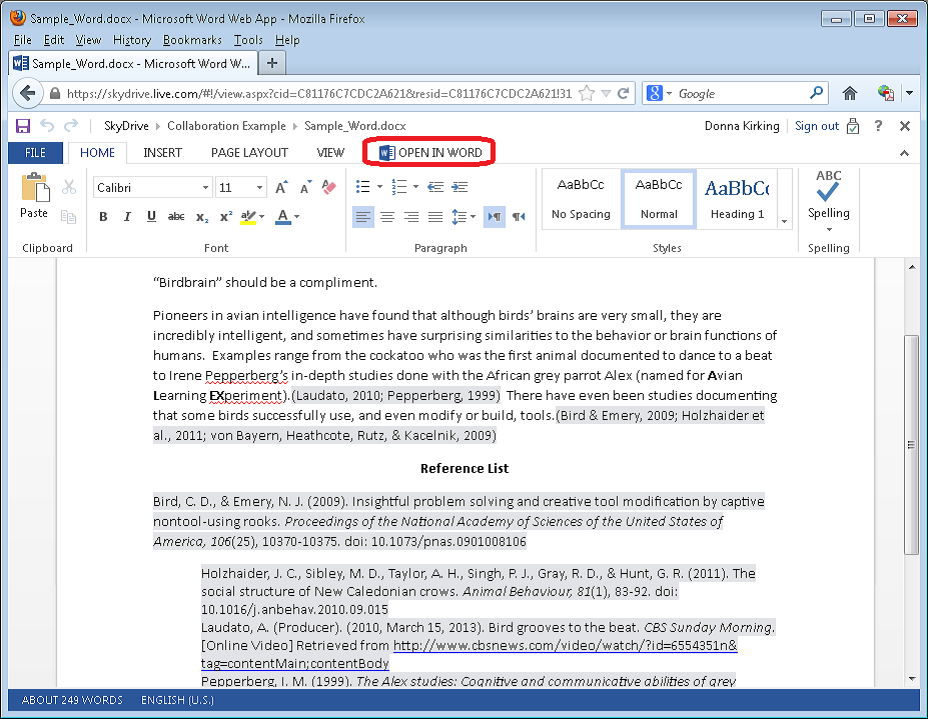
When a web page or article does not list a publication or revision date, replace the date with “n.d.” (“no date”) in all citations. The countdown: A prophecy, crowds and a TikTok takedown. Shorten the title to the first few words if necessary. Note that title case is used for the title here, unlike in the reference list. In the in-text citation, put the title in quotation marks if it is in plain text in the reference list, or in italics if it is in italics in the reference list. If you can’t identify any author at all, replace the author name with the title of the page or article. If this results in the author name being identical to the site name, omit the site name, as in the example below. When a web page does not list an individual author, it can usually be attributed to an organization or government.

Could cold water hold a clue to a dementia cure? BBC News. BBC News, Reuters), italicize the name of the article and not the name of the site. įor articles from news sites without print equivalents (e.g. Just include the blog name where you would usually put the name of the magazine or newspaper. The coronavirus pandemic has intensified systemic economic racism against black Americans. newspapers and magazines) are cited like their print versions, but with an added URL. Online articles from newspapers, magazines, and blogsĪrticles appearing in online versions of print publications (e.g. Various kinds of articles appear online, and how you cite them depends on where the article appears. However, if you’re citing a specific page or article from a website, you will need a formal in-text citation and reference list entry.

One of the most popular social media sites, Instagram (), allows users to share images and videos.įor this kind of citation, you don’t need to include the website on the reference page.

Instead, you can just include the URL in parentheses after the name of the site: When you refer to a website in your text without quoting or paraphrasing from a specific part of it, you don’t need a formal citation.


 0 kommentar(er)
0 kommentar(er)
